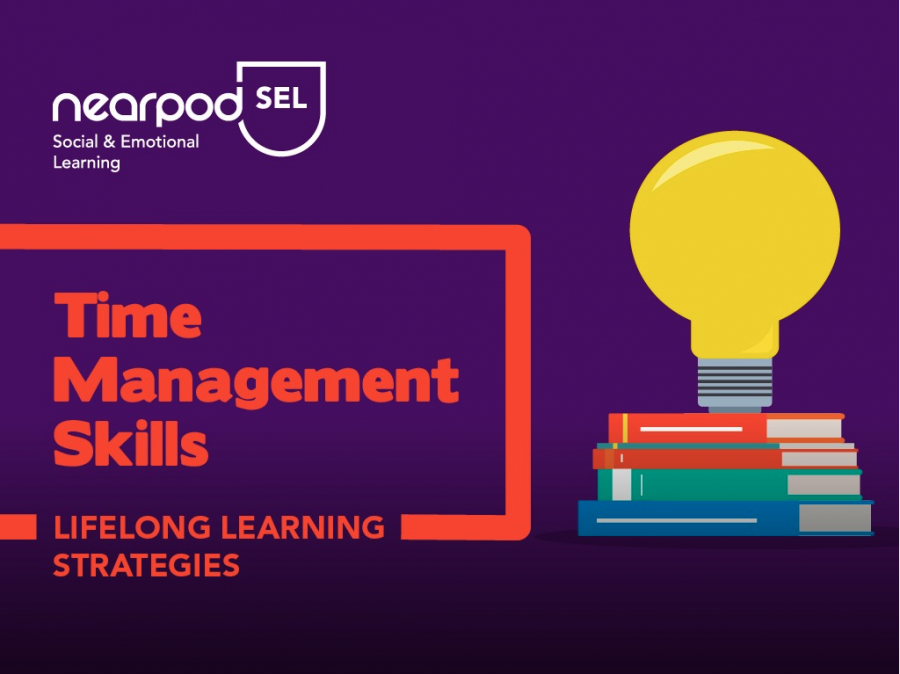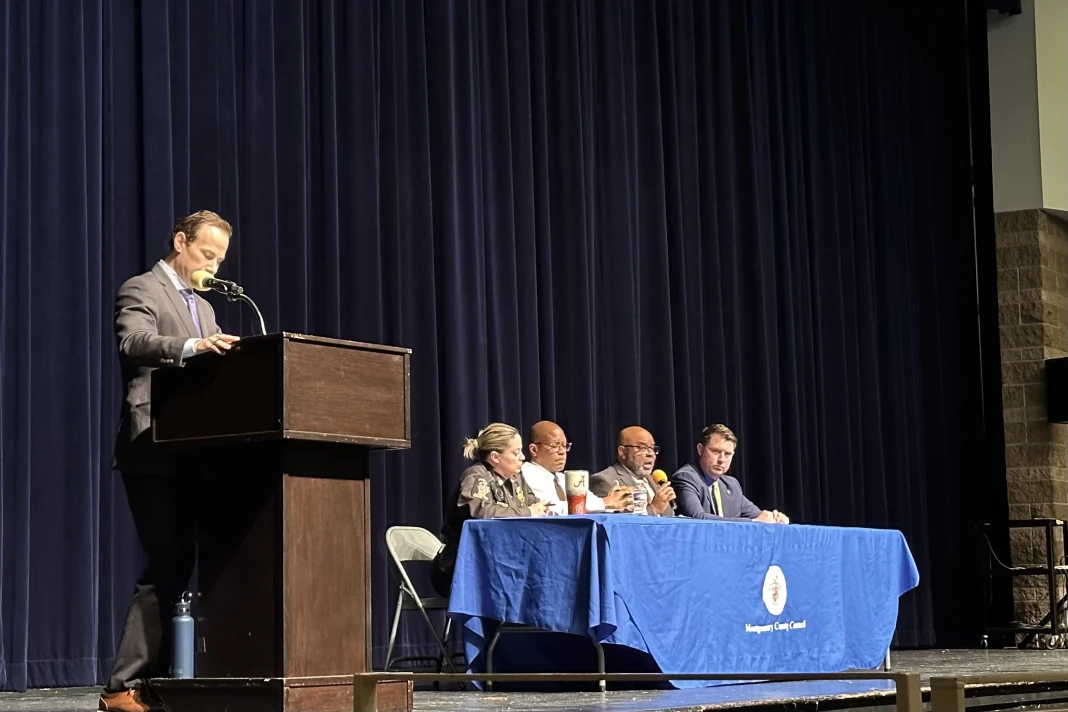The fear that Tamerlan Tsarnaev, 26, and his brother Dzhokhar, 19, instilled during the Boston Marathon bombing has led many to question whether stricter gun regulation will put an end to the acts of violence and terror.
The true threat lies not with the weapons, but within the people behind the weapons. The repeating pattern that occurred in not just the Boston bombing, but also in the Newtown and Aurora shootings, is that the perpetrators have been young males who have trusted corrupt family or felt isolated from their communities. Until our communities begin to work tirelessly to reach out to people who feel isolated and to care for them, they will continue to turn to violence.
According to an article in a May 2006 International Journal of Behavioral Nutrition and Physical Activity, behavior can be directly influenced by environmental factors. In other words, a healthy and social environment can instill good behaviors.
Unfortunately it can be the other way around too. A poor environment can influence bad decisions. During the Boston marathon bombing, for example, Dzhokhar was negatively influenced by his older brother to take part in the bombing.
According to a Feb. 3, 2011 New York Times article, psychologists found that teens are more likely to imitate their friends and take risks that they wouldn’t normally commit if they are alone. Adolescents are more likely to crumble under peer pressure and surrender to close friends. In a society where everyone desperately wants to fit in and no one wants to be the odd one out, people can put their trust in the wrong person and be influenced to commit actions they will later regret. The Boston marathon bombing proves this.
However, tragedies can still occur even without external influences. In the recent Newtown shootings, Adam Lanza, the perpetrator, never interacted with the community and was completely isolated from society.
According to a March 29 CNN article, Lanza rarely left home and was constantly playing violent, military style video games, living in a gun-prevalent environment. His diagnosis of Asperger’s syndrome, which can cause a lack of empathy and poor social skills, may have contributed to his isolation.
Passing legislation is not going to solve these problems, but treating people with compassion will.
According to assistant Principal John Taylor, students should reach out to others who are not included both inside and outside of school.
Asking students to join your lunch group if they are sitting alone, inviting people to join your school assignment if they are working alone, and going out of your way to talk to them just to let them know you care are all great ways to include others and prevent them from turning to violence.













